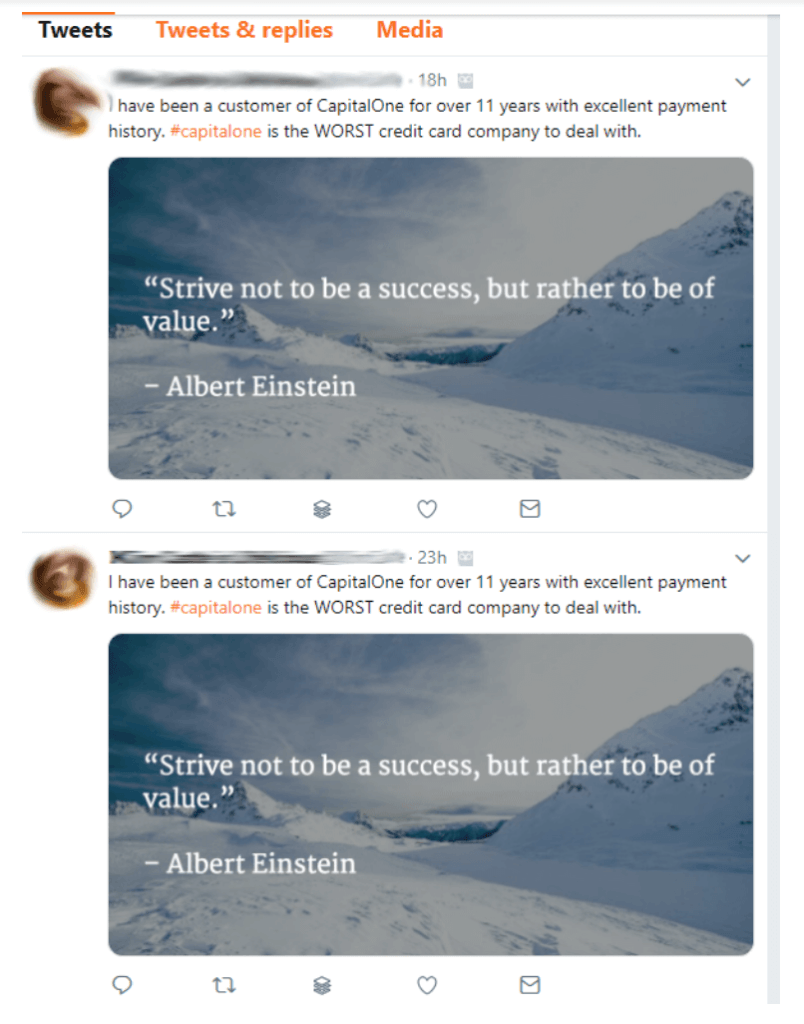Business
Balancing customer service with cost-saving technology
Technology is helping small businesses grow, but with growth comes more demand for personalized customer service experiences.

It’s happened to all of us at some point. A problem with our order or a service interruption arises, and we need help from a local company.
We dial the support number only to be met with a recorded robot voice that doesn’t understand or answers. We press endless buttons trying to narrow down our request and hoping with each press we get an actual human being to speak to about our issue.
Or we head over to social media sites in hopes of finding someone who cares enough to respond to our issue —only to receive automated messages and chatbots replies.
Technology has helped small businesses grow and succeed in ways previously never thought possible. But with that growth, the demand for more personalized customer service experiences has developed.
What should a business do? Implement the cool features and functionality of AI, chatbots and other tech advancements or revert back to a time when real human beings answer their phone?
No one can argue the importance of customer service; after all, without happy customers, it’s tough to have a successful business.
The solution many businesses are turning to is call centers. Years ago, I worked at a call center and we provided a valuable service to companies who needed someone to answer their phone day or night. We answered for many emergency service businesses such as veterinaries, property management companies and restoration companies.
It was a win-win scenario where the customer’s phone call was answered by a real person and their needs were quickly taken care of. Call centers are built to handle the requests of customer contact in an efficient and cost-effective manner. They can be a valuable solution to many businesses’ customer service needs.
But what about technology? At what point does automation become detrimental to your business? The business to customer relationship is becoming less personal the more technology is brought into the mix.
When implementing your customer service systems and procedures, it’s great to invest in technologies that will help streamline tasks and reduce cost overheads but it’s more important to keep your customer in mind and take into consideration all possible interactions they will be having with your brand.
Will those interactions create a raving fan base of happy clients or will they be so frustrated they turn to social media to bash you?
The other day I came across a Twitter account I thought for sure was hacked. The account owner appeared to be VERY upset with a large corporation where several times a day, for many months, has posted this:

When I asked the account holder about these repeated irate posts, turns out they were all added intentionally. Talk about an unhappy customer! But what’s sad is this company has not replied once in attempts to solve the problem this person experienced.
Whether it’s the use of call centers, or simply how your customer contacts you to place an order, when handling your customers, you need to be aware of how these interactions are affecting them to avoid irate customers like this person on Twitter.
Despite us living in a world of abundant technology choices to save us money, a business needs to find a balance between using technology and using direct communication with their customers. Begin by considering all options available and consider the customer experience with each — will that particular
I can tell you one thing we have heard time and time again is that our clients are so grateful that we answer our phones and reply ASAP to all emails. In fact, many of our existing clients came to us strictly for the fact that their existing web developer or marketer disappeared on them or didn’t answer their phone or reply to questions in a timely manner.
(Featured image by Andrey_Popov via Shutterstock)
—
DISCLAIMER: This article expresses my own ideas and opinions. Any information I have shared are from sources that I believe to be reliable and accurate. I did not receive any financial compensation for writing this post, nor do I own any shares in any company I’ve mentioned. I encourage any reader to do their own diligent research first before making any investment decisions.

-

 Africa6 days ago
Africa6 days agoCôte d’Ivoire Unveils Ambitious Plan to Triple Oil Output and Double Gas Production by 2030
-

 Biotech2 weeks ago
Biotech2 weeks agoGalicia Becomes First in Spain to Approve Gene Therapy for Hemophilia B
-

 Business4 days ago
Business4 days agoThe TopRanked.io Weekly Digest: What’s Hot in Affiliate Marketing [NordVPN Affiliate Program Review]
-

 Fintech2 weeks ago
Fintech2 weeks agoBitget Secures Operational License in Georgia, Strengthening Its Eastern Expansion

























